Why Your Car Stalls During or After Starting — Explained
- What Does It Mean When a Car Stalls During or After Starting?
- Car Stalls Before Starting – What to Check First
- Car Stalls When Cranking – Possible Issues
- Engine Stalls Right After Starting
- Car Stalling After a Few Seconds – What’s Wrong?
- Cold Start Stalling Problems
- Warm Engine Stall on Start – Less Common, but Possible
- How to Diagnose a Stalling Engine at Startup
- How to Fix a Car That Stalls When Starting
- When to Visit a Mechanic Immediately
- Preventive Tips to Avoid Starting Stall Problems
Having your car stall as soon as you turn it on can be puzzling and annoying. It means that something is wrong that could affect the functioning of your car and your safety. Understanding why your car stalls while starting or right after starting is the first step to fixing the issue.
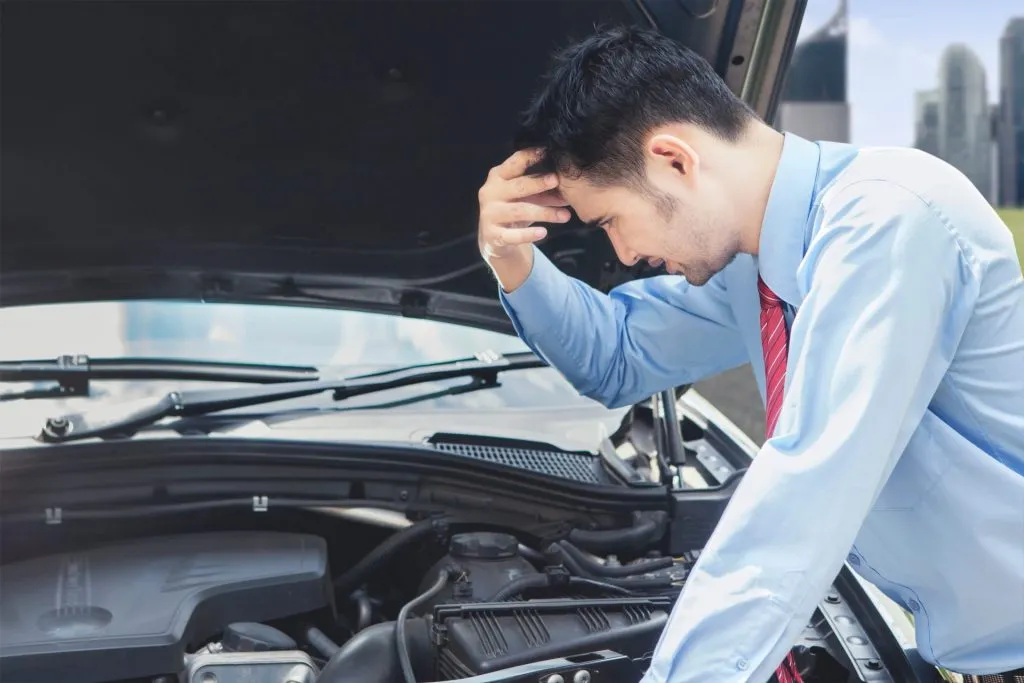
What Does It Mean When a Car Stalls During or After Starting?
If the car gets stuck during the start or after starting, it means that the engine stops with a jerk either in the first stage of attempting to start or after a few seconds. It is occurring at multiple levels: in the first level of trying to start, in the level of engine cranking, after the engine has been fired, or after a few seconds of startup. All of them have their own cause and consequence.
Car stalling after starting is a condition in which the vehicle will not start when you turn the key or the start button. Sometimes the car may crank (the engine will turn over) but not ignite, or the car will start and stall right away. intermittent brief stalling following driving for a few seconds may be very dangerous, particularly when driving the vehicle, since it will lead to power steering and braking loss.
It is important to pay attention to differences because cause and threat differ. If it stalls on cranking, then highly likely there are issues of fuel delivery or ignition, while stalling the instant it starts may be because of sensor malfunction or air intake problems. Paying attention to when and where it stalls helps in diagnosis and Engine repair effectively, hence your safety and car reliability.
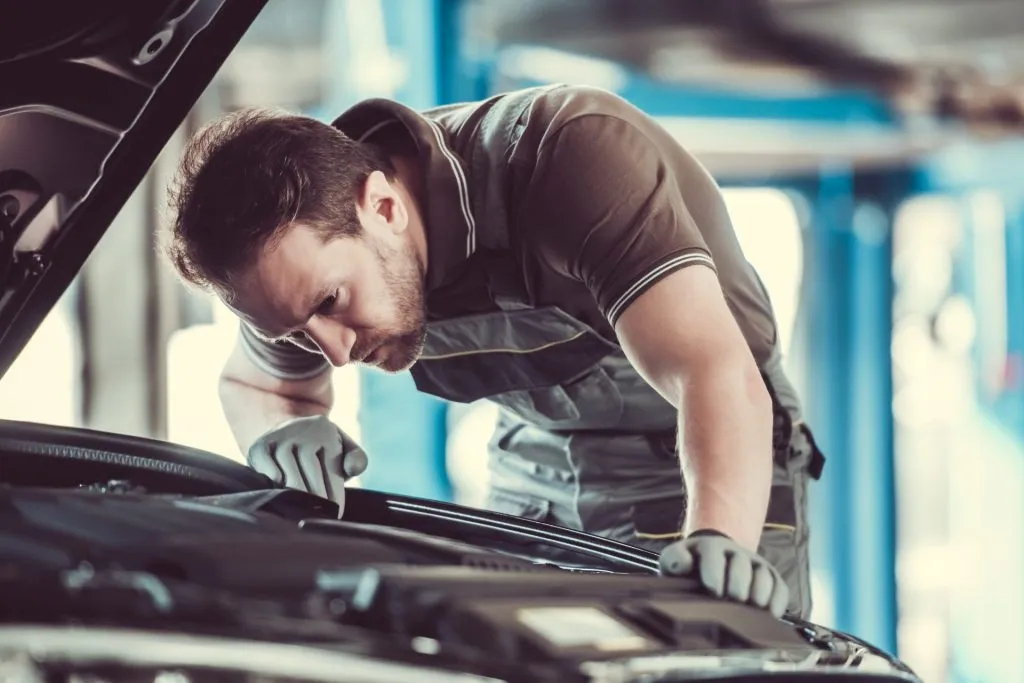
Car Stalls Before Starting – What to Check First
If your vehicle won’t start at all or just cuts off before the engine even attempts to turn over, it’s crucial to check some basic parts that allow engine ignition.
- Battery Condition: A dead or low battery is the most common offender. The starter motor will lack sufficient voltage to turn the engine over if the voltage in the battery is less than a minimum. Check for corrosion on terminals and test voltage with a multimeter.
- Starter Motor: The starter is employed to turn over the engine. A faulty starter will click or nothing at all when trying to start the car. With a bad starter, the engine won’t crank and the car dies when trying to start.
- Fuel System Problems: Even if the engine will crank, if fuel cannot reach the combustion chamber, the engine will not start. Issues in this area are an out-of-gas tank, clogged fuel filter, bad fuel pump, or faulty fuel injectors.
Getting these issues resolved first is a money and time saver. In most “no start” cases, the issue is old-fashioned things such as a dead battery or fuel supply loss.
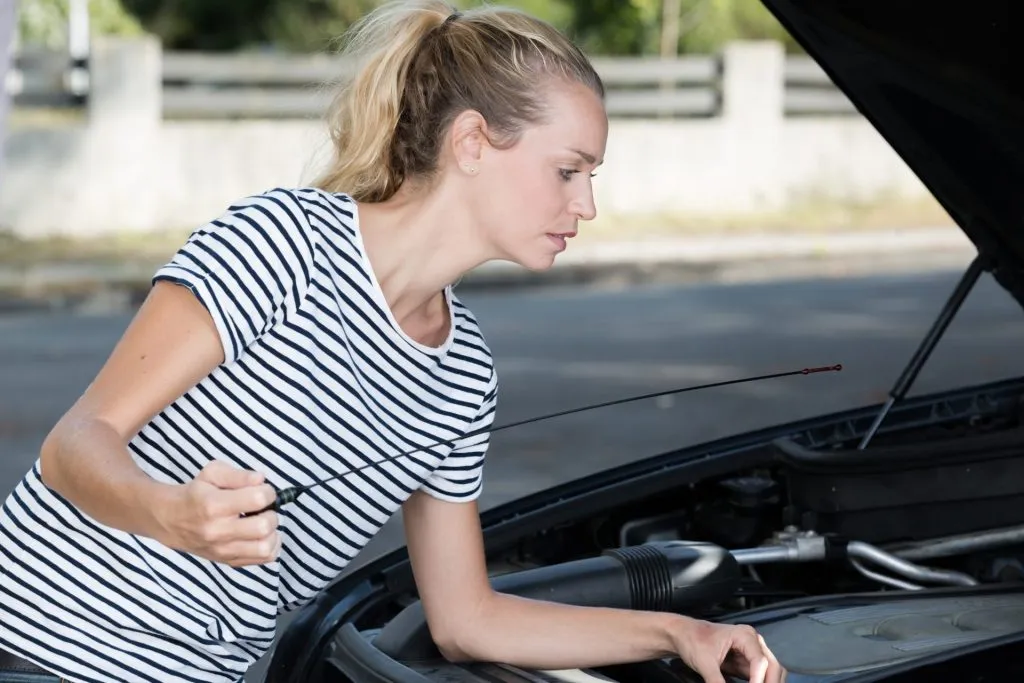
Car Stalls When Cranking – Possible Issues
If your vehicle will crank (motor will turn over) but not start, the issue in most instances is down the ignition or engine control systems.
- Ignition System Malfunctions: Faulty spark plugs, ignition coils, or wiring defects can prevent the spark from being generated to ignite the air-fuel mixture. Fouled, dirty, or worn out spark plugs are likely to be the cause hindering the proper combustion.
- Engine Control Unit (ECU) Malfunction: The ECU regulates the fuel injection and ignition timing. Bad engine control unit will not send the correct signals, which will make it impossible to start.
- Compression Problem: Compression should be adequate to keep the engine running and ensure the effective burning of fuel. A piston ring leak, a faulty valve, or blown head gasket reduces compression and will prevent the car engine from being started.
If the engine will crank but will not fire, a complete check on the ignition system components, ECU check, and compression tests need to be carried out.
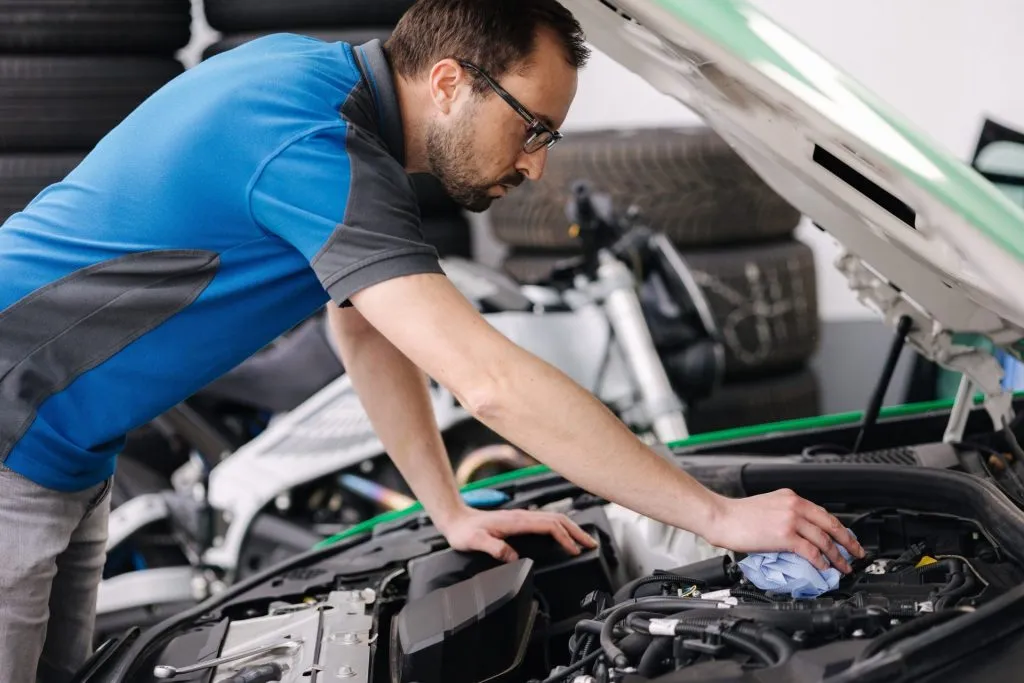
Engine Stalls Right After Starting
Sometimes the engine begins to start but stalls. This happens when a first spark is produced but the engine can’t burn fuel and keep running. Stalling may happen due to the following:
- Mass Airflow Sensor (MAF) Failure: The MAF sensor measures the volume of air supplied to the engine by the air intake system. If there is a faulty MAF sensor, an improper air-fuel ratio will be detected, leading to stalling.
- Idle Air Control Valve (IAC) Failures: The IAC valve regulates airflow at idling. If the idle air control valve is clogged or defective, the idle speed will not be regulated by the engine and it will stall.
- Vacuum Leaks: Air leaks in the intake manifold or hoses introduce unmetered air, disrupting the fuel mixture and causing stalling.
- Malfunctioning Fuel Pump: When the fuel pump is unable to provide an uninterrupted fuel pressure, the engine will crank and stall as it’s starved of fuel.
The above mentioned reasons can be checked to eliminate the problem.
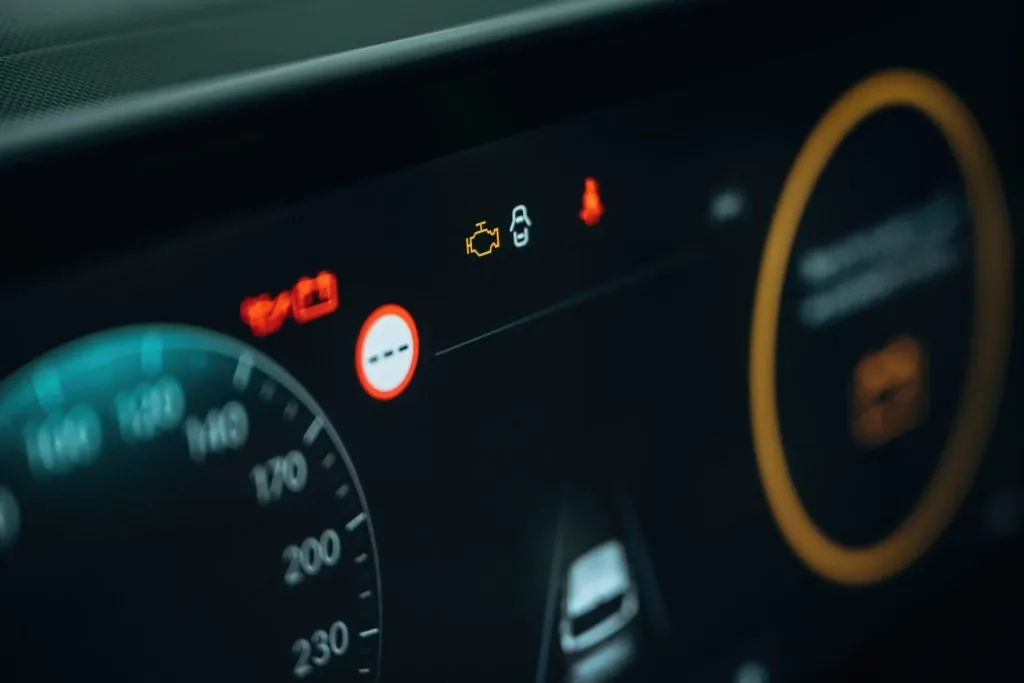
Car Stalling After a Few Seconds – What’s Wrong?
If your car revs at an interval from 2 to 5 seconds and stalls in the process of starting, there is a number of issues that could be the causes.
- Malfunction of Idle Control System: The idle control system controls engine speed when the throttle is not active. Faulty idle control valve or sensor will cause the engine to stall after revving for a brief period.
- Crankshaft Position Sensor (CKP) Fault: The CKP sensor also senses the crankshaft position and rotational speed. Its fault makes the ECU lose engine timing and stall.
- Faulty Relays: Fuel pump or ignition coil relays sometimes toggle power off directly at the moment of inception, leading to stalling.
This is a challenging type of stalling since the engine appears to begin well but refuses to continue. Accurate sensor testing and relay inspection are critical in this case.
Cold Start Stalling Problems
Cold starting is extremely difficult to engines since air-fuel mixture and ignition timing have to be adjusted to suit cold conditions.
- Throttle Body Problem: When the throttle body is plugged or faulty, air supply will be cut, making a cold start hard and stalling the engine.
- Coolant Temperature Sensor (CTS) Malfunctions: The CTS reports engine temperature to the ECU. If it is sending false data, the ECU will not enrich the cold start fuel mixture accordingly.
- Malfunctioning Enrichment System: Richer fuel mixtures are required for cold engines. Choke system or electronic enrichment failure may cause stalling shortly after cold starts.
In case your car stalls only when cold but runs normally once warm, the mentioned issues need to be diagnosed.
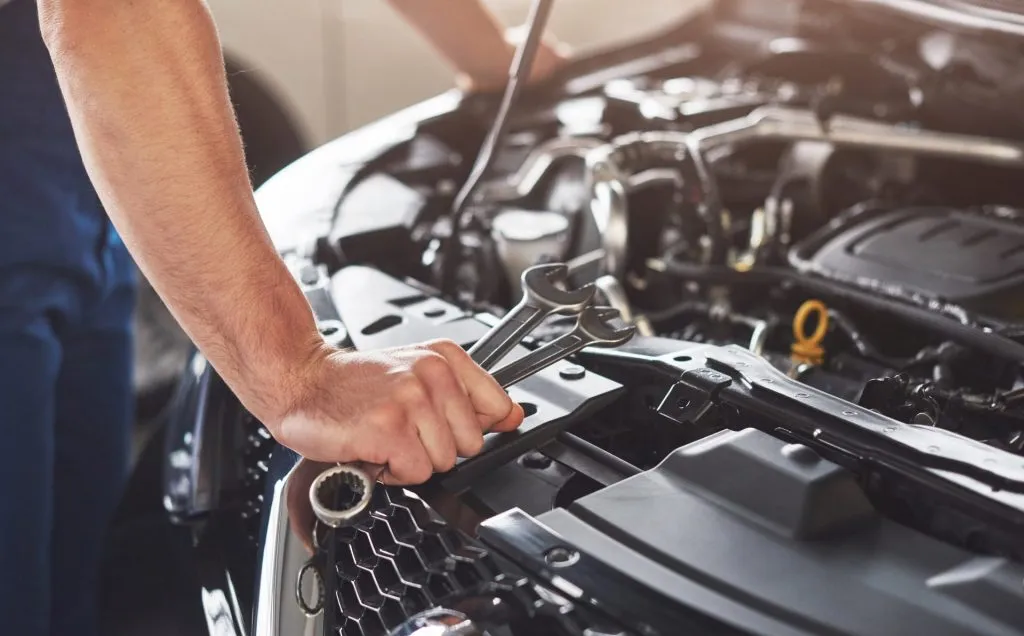
Warm Engine Stall on Start – Less Common, but Possible
Less probable but highly likely is the case when the hot engine stalls when the car starts. This is most likely a consequence of the following:
- ECU Glitches: Faulty ECU memory or low-quality software can lead to erratic fuel or ignition control and warm start stalling.
- Ignition System Issues: Spark plugs or ignition coils can be heat-killed and have low-tension sparks or misfires under warm start.
- Faulty Fuel Pressure Sensor Reading: Faulty fuel pressure sensor reading leads to faulty fuel delivery, which is definitely noticed during warm start.
Repairing stalling engine on warm start will involve the help of special tools and, in some instances, parts replacement or reprogramming of the ECU.
How to Diagnose a Stalling Engine at Startup
At our maintenance and car repair center, we follow a step-by-step diagnosis process for engine stalls:
- Diagnostic Trouble Codes (DTCs) Scan: Our engineers use an OBD-II scanner to scan the ECU and extract error codes. Error codes provide hints toward sensor or system failure.
- Fuel Pressure Test: We conduct fuel pressure testing at the rail that verifies regulator and fuel pump operation.
- Spark Plugs and Ignition Components Inspection: Worn-out or dirty spark plugs and malfunctioning coils decrease combustion efficiency.
- Inspect Battery and Starter: We will verify car battery voltage and starter operation to rule out electric failure.
- Inspect Vacuum Leaks: Our specialists will apply vacuum test program or listen for air leak sounds. In the case of a severe vacuum leak, there will be a whining sound.
Accurate diagnosis eliminates unnecessary repair work and determines the proper cause for repair.
How to Fix a Car That Stalls When Starting
The repair work carried out on the basis of diagnosis may include:
- Throttle Body Cleaning: Eliminates the carbon deposit to prevent the deposits for clean air and idle control.
- Faulty Sensor Replacement: MAF, IAC, CKP, or temperature sensors should be replaced typically when faulty.
- Relay and Fuse Replacement: Faulty electrical parts can ruin fuel or ignition systems.
- Fuel Filter or Pump Replacement: Ensures fuel supply to be consistent.
- Battery or Charging Replacement: A quality battery facilitates frequent starting and operation of electrically driven devices.
Prompt care and repairs will solve the stalling problem.
When to Visit a Mechanic Immediately
There are certain situations when the engine functions are disrupted that demand quick professional attention:
- The engine continuously stalls during driving, and this is dangerous.
- The engine will not even crank over after numerous attempts.
- The car gives away power (electrical system breakdown).
- The car emits smoke, strange noises, or burning smells while starting or stalling. These problems may arise due to faulty exhaust gas recirculation, dirty or clogged engine air filters, etc.).
Prompt repairs under these conditions would avoid further damage or hazardous operation.
Preventive Tips to Avoid Starting Stall Problems
Precautions must be taken to avoid stall starts:
- Keep the fuel system, fuel injectors, and air filters in good working order by checking them at regular intervals.
- Keep the ignition system in order: change spark plugs and check coils.
- Check the battery and clean the battery terminals.
- Use quality fuel to avoid clogging and buildup.
- Check sensors and idle control components regularly.
Preventive maintenance will ensure that your car starts smoothly.




